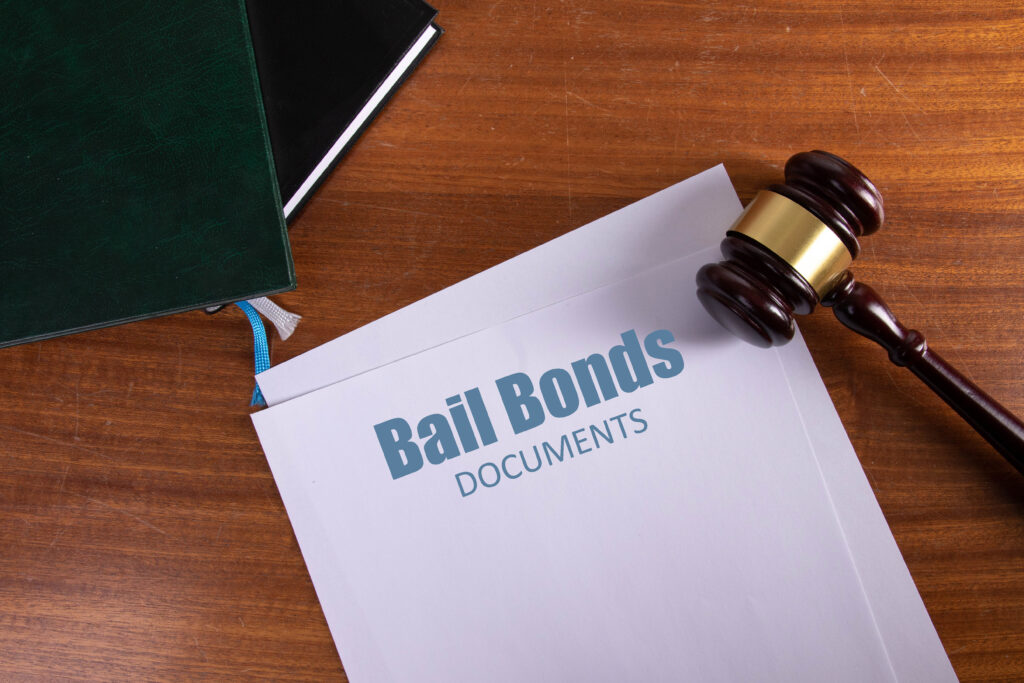Bail bonds are crucial for defendants to be conditionally released and prepare their defence. Companies that offer bail bonds help guide people through this process. It is essential to understand the different types of bail bonds and their role in upholding people’s rights. This analysis covers the types of bail bonds, how to secure them, legislative measures, and ethical debates.
The Purpose of Bail in Criminal Proceedings
Bail is a financial assurance that defendants will appear in court for their trial and not flee. Bail bonds Scranton, PA, allows people to participate in the bail system by guaranteeing the court that the defendant will return for trial in exchange for a non-refundable fee. This fee is usually a percentage of the total bail amount. The bail system supports defendants’ rights to liberty and due process and helps the courts and correctional facilities operate efficiently.
Common Types of Bail Bonds
Bail bonds provide a range of choices to suit individual requirements. Surety bonds are prevalent in which the bail bond business pays the bail amount if the defendant doesn’t show up. All bail money is required upfront for cash bonds. Although they are more widely available, surety bonds include costs and collateral restrictions. Cash bonds are often reimbursed less than a small administrative expense, although they demand large cash outflows. Bail bonds might vary based on the circumstances of each case. Immigration bonds assist non-citizen detainees in securing release while adhering to immigration court procedures, whereas property bonds entail surrendering real estate as security for bail. These choices demonstrate the flexibility of the bail system and its dedication to fair administration of justice.
The Process of Securing a Bail Bond
Securing a bail bond conventionally begins with a frantic phone call from a detainee or their loved one to a bail bond agency. What follows is a detailed process involving assessment, paperwork, and agreements. Clients are required to provide personal and financial information, a fee—a set percentage of the bail amount—and, in many cases, collateral to secure the services of a bail bondsman. This professional will then work with the court to post the requisite bail and ensure the defendant’s release, contingent on their attendance at future court dates. Engaging a bail bondsman is based on mutual trust and legal responsibilities. Choosing a bondsman with a solid reputation and transparent practices is key since their expertise and skill can expedite the release process and ensure all legal requirements are met comprehensively. This decision can substantially affect the outcome and ease of navigating the bail system.
Bail Bonds and the Economy
The bail bond industry is an often-overlooked economic player. Beyond transactional boundaries, these businesses contribute to job creation, tax revenue, and financial circulation within local and national economies. The fees collected through bail bonds support the operational costs of bail bond companies and contribute to the broader economic landscape through investments and ancillary services ranging from legal advice to employment within related sectors. This economic influence is intertwined with the justice system, influencing decision-making processes and policy reform. As such, the financial footprint of bail bonds extends into numerous aspects of the economy, shaping the interplay between the legal, social, and financial fabrics of communities.
Bail Bondsmen: Their Role and Responsibilities
Bail bondsmen play a pivotal role in the bail process, acting as a liaison between defendants and the court. They are responsible for posting bail for clients and providing financial support and guidance through an often complex legal process. This role necessitates a thorough understanding of the law, strong negotiation skills, and adherence to ethical standards. Additionally, bondsmen often provide emotional support to defendants and their families during tumultuous times, reflecting the profession’s human element. The vigilance and due diligence of bail bondsmen ensure that defendants uphold their obligations to appear in court, thereby contributing to the efficiency and reliability of the bail system. This significant societal role underscores the need for robust oversight and regulation of bail bond services, ensuring integrity and professionalism within the industry.

